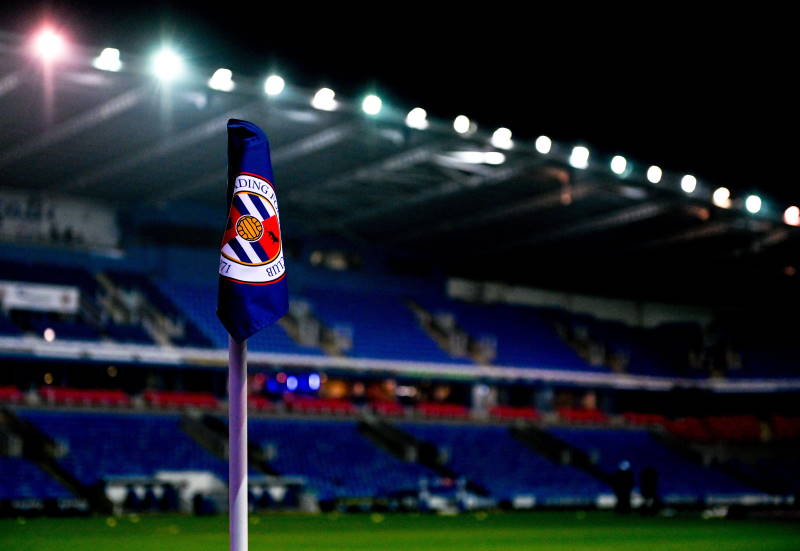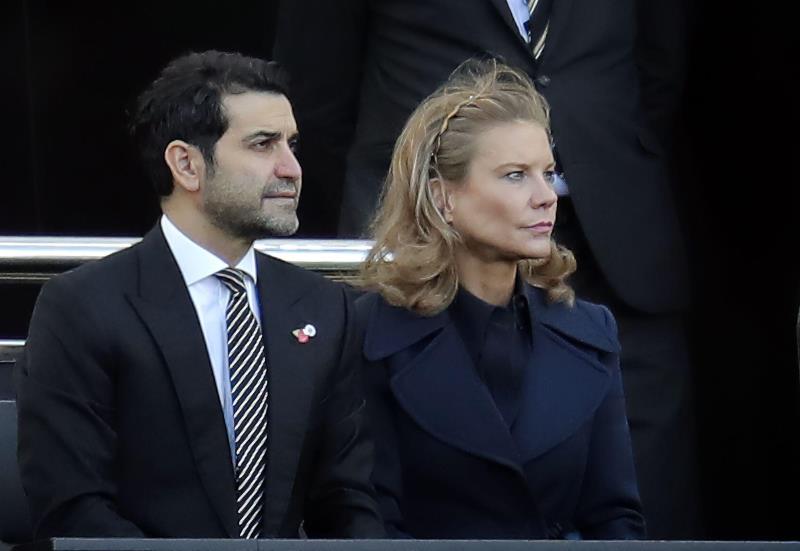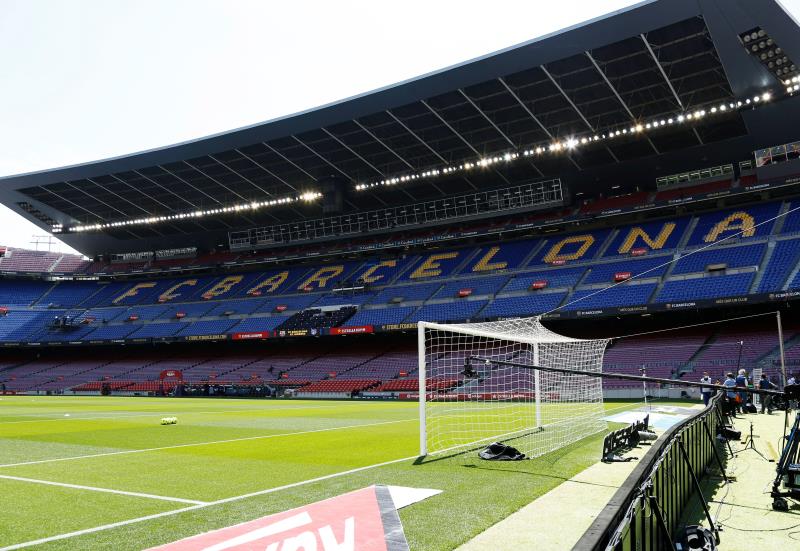
No Eastern European country has ever won the supreme football competition, the World Cup, and only twice have they ever taken their continent’s version, the European Championship. The old Soviet Union won the very first edition in 1960, whilst another now defunct country Czechoslovakia (made up of the Czech Republic and Slovakia), took the trophy in 1976.
Only twice have clubs from the eastern half ever lifted European Cup, the forerunner of the Champions League; Steaua Bucharest in 1986 and Red Star Belgrade five years later in 1991.
And that sums up the total number of times when teams from the other side of what used to called ‘the Iron Curtain’, were entitled to call themselves ‘the very best’ in any one of the highest categories of international and club football. So why has the eastern side of the continent been left so far behind by its only slightly more populous, though far more prosperous, neighbours in the west?
The answer must lie somewhere around that word ‘prosperous’; the football leagues of England, Italy, Spain, Germany, France, Holland and Portugal have traditionally paid higher wages. This, as has been so well demonstrated by the English Premier League, higher wages attract and bring out the best in footballers and make them more determined to win. It cannot be a coincidence that the most successful countries at both international and club levels, are those whose players earn the highest wages.
The most successful European country at both levels of the game has to be Italy who, despite their current slump, boast four World Cup wins and their clubs share equal-top spot alongside Spain with 12 European Cup victories. Serie A players have always been amongst the highest wages earners in the world.
Newly-crowned world champions Spain must be regarded as the second most successful country with a further two European Championship wins to their credit and their clubs also having won 12 European Cups. Again, La Liga clubs pay very well. As do English, German, French, Dutch and Portuguese clubs belonging to western leagues that continue to dominate European football at all levels.
Since the industrial revolution, western Europe has always been richer, and the gap widened even further still when all the eastern countries adopted communism after World War Two. The communist era coincided with the four and a half decades during which European football developed in to the powerhouse it is today, while those so-called socialist states pretended that all their footballers were ‘amateurs’. Although the whole world and its dog knew this was not true, the centrally-controlled, secretive and farcical way in which the football industry in Eastern Europe was run, held it back. No western footballers joined clubs behind the iron curtain because they weren’t even allowed to. And Eastern European players weren’t allowed to play in the west until they were past their sell-by dates.
However, since the fall of the Iron Curtain, the winds of change have started to blow through the corridors of Eastern European club football, although at the moment it is all down to a handful of Russian and Ukrainian billionaires. Roman Abramovich is immediately associated with Chelsea Football Club, but it is almost forgotten that he was also involved with CSKA Moscow, through his oil company Sibneft. Just one year after the former Red Army club had received a massive injection of cash, which enabled them to bring in top foreign players including several Brazilians, they won the UEFA Cup in 2005.
Three years later, fellow Russian club Zenit St. Petersburg repeated that success, and the fact that they are sponsored by the oil giant Gazprom, the largest company in Russia, is surely no coincidence.
As if to confirm that even if money does not always buy success then it most certainly helps, the very next season Ukrainian provincial club Shakhtar Dontesk also won the UEFA Cup, with five Brazilians in their line-up. And, it just happens that they are owned by another billionaire, Rinat Akhmetov.
Although these three Eastern European UEFA Cup wins within the space of four years have still not added to that dismal total of being ‘the very best’, it overtakes the pre-communist era total: Europe’s second most-important club competition was only won by eastern clubs on two occasions, Hungary’s Ferencvaros in 1965 and Dinamo Zagreb from what was then Yugoslavia, two years later.
Now that the eastern half of the continent has become ‘normalised’ both politically and economically, it can surely be only a matter of time before teams from there can once again challenge for the Champions League and the European Championship, once again.
And maybe one day an Eastern European national team will lift the World Cup itself.












